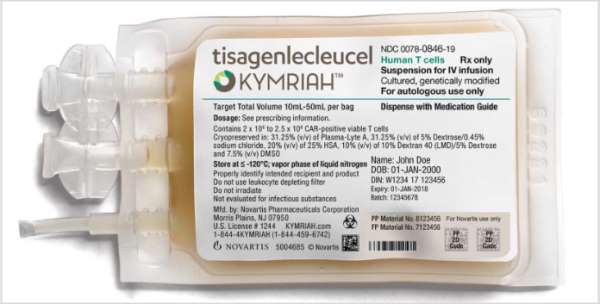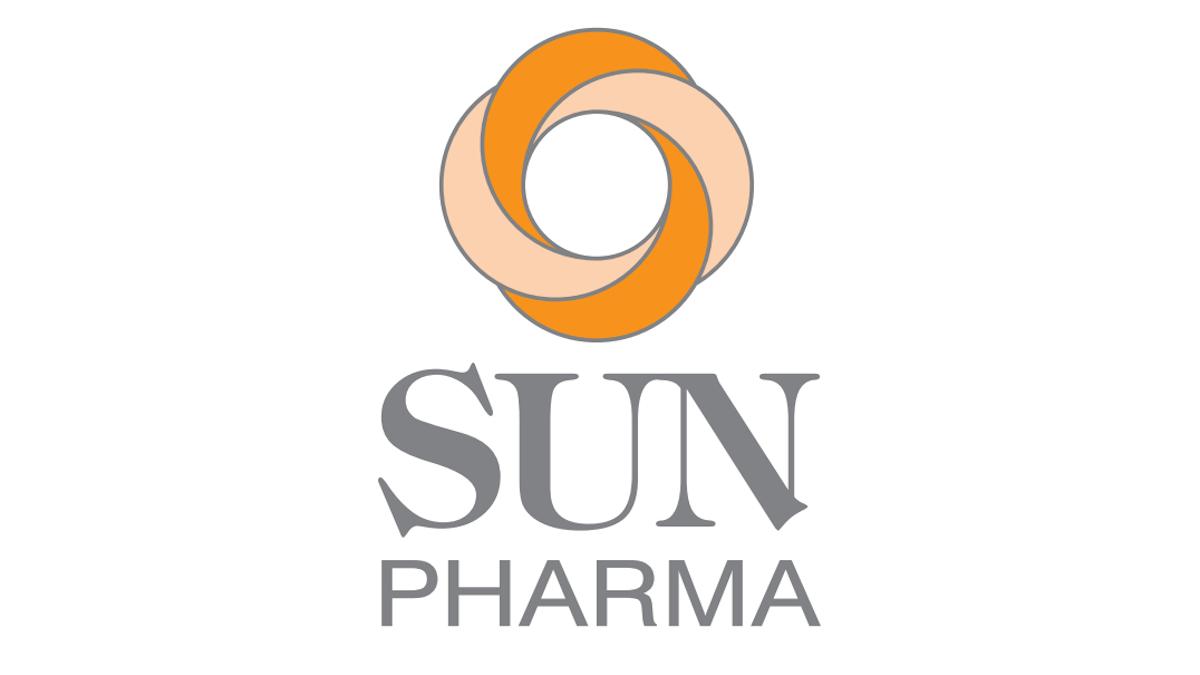Novartis matches Gilead on price in new CAR-T use

Novartis’ CAR-T therapy Kymriah will be available in the US to adults with relapsed large B-cell lymphoma – bringing the cell therapy into direct competition with Gilead’s rival at exactly the same price.
Kymriah (tisagenlecleucel) is also available in advanced paediatric B-cell precursor acute lymphoblastic leukaemia but in this first indication the Swiss pharma priced it at $475,000 with a money-back guarantee to hospitals if it does not work.
But in the new indication approved by the FDA Novartis has matched Gilead’s $373,000 price and does not offer any outcomes-based concessions.
Pascal Touchon, head of cell and gene oncology at Novartis, said that this is because a significant number of lymphoma patients may not respond to Kymriah until several months after treatment.
This makes it difficult to measure outcomes within a defined period of time, he told Reuters.
Around half of patients respond to treatment from Kymriah, and the duration of those responses have not been determined in available clinical trial data.
Gilead is also developing Yescarta (axicabtagene ciloleucel) for other forms of blood cancer, such as indolent NHL, and is also trying to combine in it with a PD-L1 class checkpoint inhibitor to improve its performance in DLBCL.
From its $11.9 billion purchase of Kite last year, Gilead also has a range of other cell therapies in development, including KTE-C19, a potential competitor to Kymriah in paediatric ALL and other indications.
Chimeric antigen receptor T-cell (CAR-T) therapies involve a patient's own T-cells being harvested and genetically modified to attack cancer, then reinjected back into the patients.
But aside from the high cost, and price of the therapy, side effects can be fearsome and may require extensive monitoring for patients.
As a result uptake has been slow - Kymriah has been predicted to generate billions of dollars in annual sales in the future, but it generated $12 million in revenues in Q1 following a lukewarm reception from hospitals and payers.
FDA rejects rituximab biosimilar
In a separate development, Novartis’ generics and biosimilars unit Sandoz said its rival to Roche’s inflammatory diseases and cancer drug rituximab has been rejected by the FDA.
The company gave no detail about why the FDA had decided to reject the drug, but said it “stands behind the robust body of evidence” in the filing and is evaluating a complete response letter (CRL) from the FDA.
Sandoz said it will continue with discussions with the FDA to bring the medicine to US patients as soon as possible.













